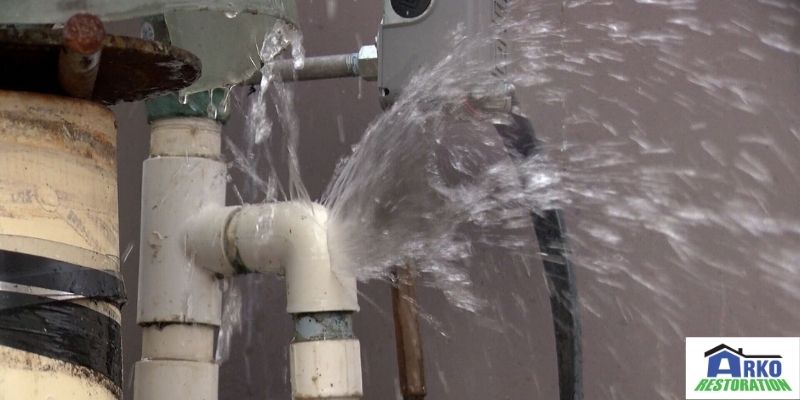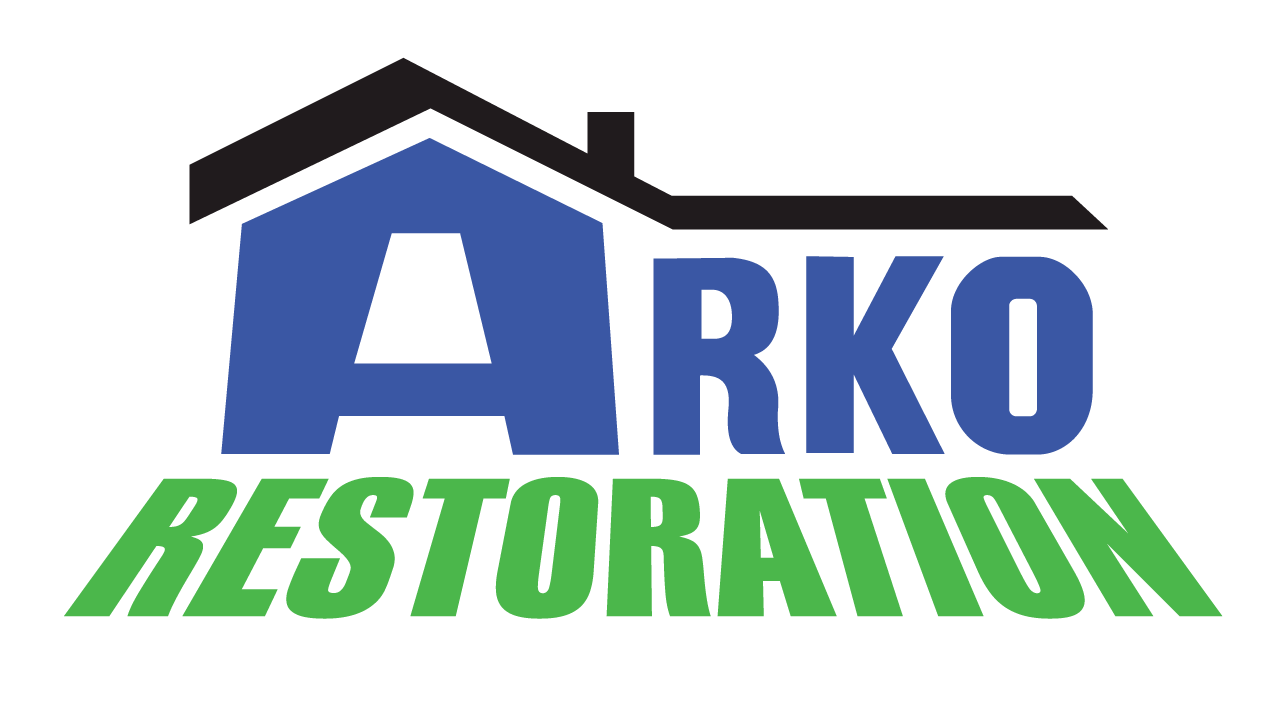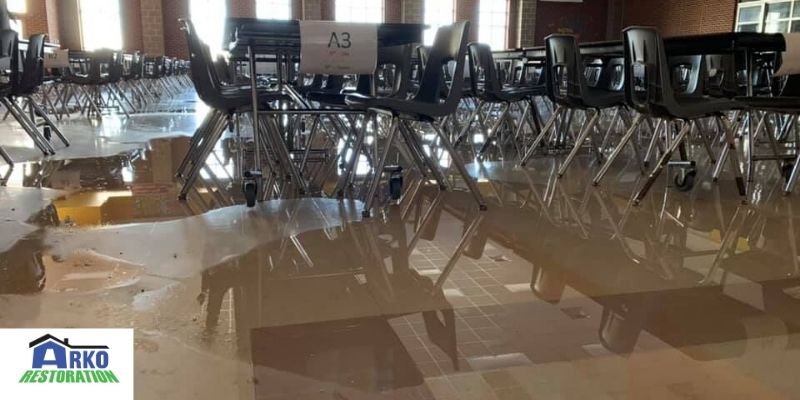Winter brings with it cold temperatures, along with a lot of freezing and thawing, right? Water damage can occur thanks to winter weather hazards such as heavy snowfall and ice. Your water heater, pipes and roof might have problems during the winter.
What are some types of water damage from winter weather hazards? Here are some…
1. Burst Pipes

Pipes can burst when temperatures plummet below 20 degrees or so. This is especially true if your interior pipes are not properly insulated. Cold pipes can become frozen, causing the residual water inside them to expand and burst.
Ideally, make sure your pipes are insulated. And, if it’s cold outside, allow your faucets to drip a little. This keeps water flowing so it doesn’t freeze up!
2. Melting Snow
Melting snow can lead to water damage to your home. If something is blocking your gutter, water and/or ice can cause a problem since it gets stuck in one spot. You don’t want “ice dams” forming at the edge of your roof, because they can ruin your roof, gutters, etc. They can also lead to leaks coming into your ceiling and walls. Make sure your gutters are free of debris.
3. Flooding

During winter, a flood is a disaster that can happen in homes at any moment as a result of melted ice. This happens because most of the liquid droplets from the sky turn into ice or snow when hitting the ground. The outdoor temperature can rise during the day, causing flooding all over your yard and into your basement. Flood water typically penetrates your basement through foundation walls. To prevent your basement from flooding, shovel out snow build-ups or send the snow in another direction that is not facing the foundation of your home– doing this will prevent your structures from getting damaged as the snow will not melt and pool near the foundation walls.
4. Water Heater Damage
The water heater of your home can leak during the cold winter season when the temperature drops below 25 degrees Fahrenheit. This happens because the intense cold can affect the effectiveness of the water heater, mounting too much pressure during water heating.
If your water heater is too old or contains a large number of sediments, the particles will be absorbed by heat. This can lead to a water heater leak. You may not be aware of these happenings until there is a leak that can burst open and flood the entire place.
If you do not want this to happen in your home, get a new heater or make sure you check your old heater as often as possible, especially during the winter season. Check your unit for leaks, unusual sounds and/or faulty pipes so that you will not experience a leak and subsequent flood.
5. Damaged Outdoor Water Lines
Any kind of pipe can get frozen and burst during the winter season. Do not disregard your outdoor water sources, such as garden hoses, as they can also cause a disaster in your home. Any pipe outside your home with running water can easily freeze, burst and gush out water.
During winter, you can detach the hose’s water supply and allow free movement of trapped water as it leaks out. You can also turn off all the valves supplying water to outside sources. By doing this, pipes will be empty during the cold season.
Conclusion
It is common for homeowners to experience water damage in their homes, especially during the winter season. Leaky pipes, flooding and water heater issues can make life difficult. If you’re experiencing any problems this winter related to water damage, please call Arko Restoration at 763-434-2756.

